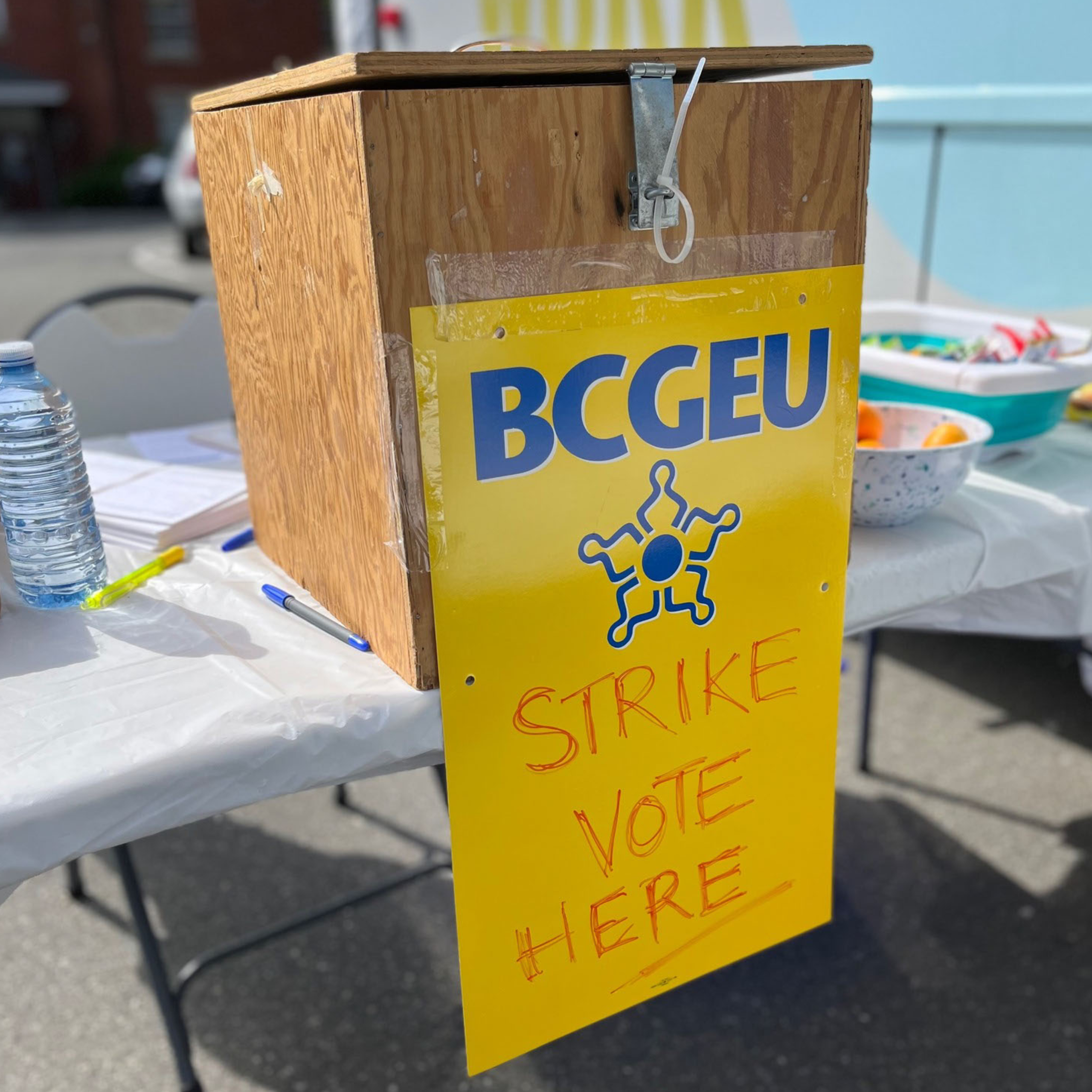A recent news report on CNBC says, “The emergence of sensor and other technologies that let businesses track, listen to and even watch employees while on company time is raising concern about corporate levels of surveillance. Earlier this year, Amazon received a patent for an ultrasonic bracelet that can detect a warehouse worker’s location and monitor their interaction with inventory bins by using ultrasonic sound pulses. The system can track when and where workers put in or remove items from the bins. An Amazon spokesperson said the company has “no plans to introduce this technology” but that, if implemented in the future, could free up associates’ hands, which now hold scanners to check and fulfill orders.
“Walmart last year patented a system that lets the retail giant listen in on workers and customers. The system can track employee “performance metrics” and ensure that employees are performing their jobs efficiently and correctly by listening for sounds such as rustling of bags or beeps of scanners at the checkout line and can determine the number of items placed in bags and number of bags. Sensors can also capture sounds from guests talking while in line and determine whether employees are greeting guests. Walmart spokesman Kory Lundberg said the company doesn’t have any immediate plans to implement the system.
“Logistics company UPS has been using sensors in their delivery trucks to track usage to make sure drivers are wearing seat belts and maintenance is up to date.
Companies are also starting to analyze digital data, such as emails and calendar info, in the hopes of squeezing more productivity out of their workers. Microsoft’s Workplace Analytics lets employers monitor data such as time spent on email, meeting time or time spent working after hours. Several enterprises, including Freddie Mac and CBRE, have tested the system.“
The article also cites a recent survey by Accenture in which 62% of executives “said their companies are using new technologies to collect data on people – from the quality of work to safety and well-being” – even though “fewer than a third said they feel confident they are using the data responsibly.”
Yet the leader of Accenture’s talent and organization practice argues that workforce data “could boost revenue by 6.4%. This has encouraged workers to be open to responsible use of data, but they want to know that they will get benefits and return on their time.”




